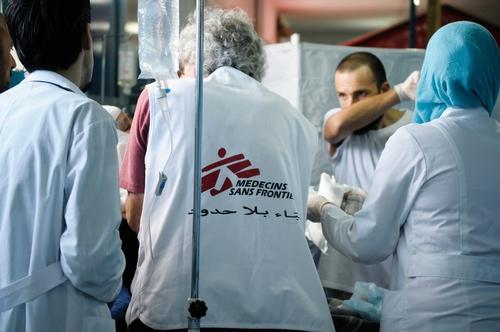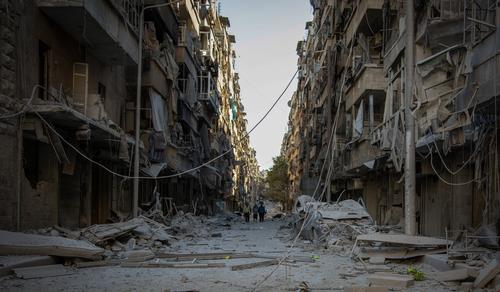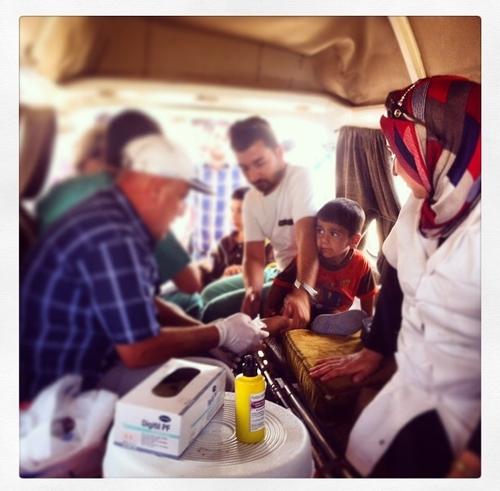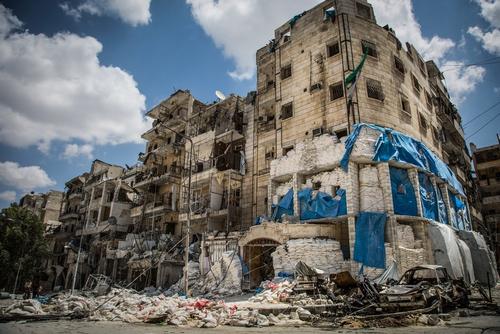From medical care under fire to the near impossibility of humanitarian action.
The report Aleppo: Medical Aid Besieged analyses the themes of violence against the medical mission in Aleppo and the surrounding rural area since the beginning of MSF’s intervention in 2012. MSF’s account of two years in Aleppo is one of immense complexity and adaptation to a highly volatile and constantly changing security context.
Whilst the situation cannot be extrapolated to the rest of the country, it provides a particularly crude example of the state of health provision in a context where the medical mission has been exposed to constant insecurity.
On one hand, this report reflects MSF’s choices and decisions made with regards to risk acceptance and mitigation, which has determined the scope of its intervention and its ability to continue providing medical assistance to the Syrian people to this very day. On the other hand, it highlights the high level of uncertainty and unforeseeable threats that materialise in such complex conflict situations, in addition to the challenge of operating in a middle-income dense urban context with sophisticated warfare and dealing with very powerful state and non-state actors.
Whilst the research is centred around the direct experience of MSF, this study also sheds light on the violence suffered by the main Syrian medical networks and facilities that MSF works with, as they are an integral part of MSF operations in Syria and are providing assistance in areas that are either complementary or inaccessible to MSF, or providing different medical services.






